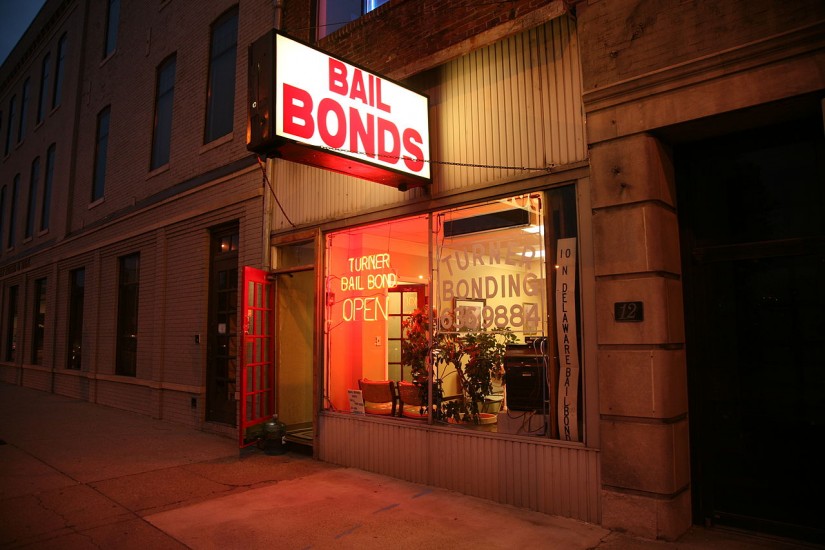In 2015, Sandra Bland, a 28-year-old woman arrested during a routine traffic stop in Texas, allegedly committed suicide after being in jail for three days because she could not afford to pay a bondsman’s fee of $500 on her $5,000 bail. In New York City, a judge sent 16-year-old Kalief Browder to jail on Rikers Island in 2010 after he could not afford the $3,000 bond imposed for stealing a backpack. Browder’s chance to make bail was eventually revoked, and he spent three years imprisoned, two of those in solitary confinement. His charges were eventually dropped and he returned home at the age of 20, but the damage to his mental health was already done.
The process of setting bail – a sum determined by a judge and paid either to a court or, for a fee, guaranteed by a private bail bondsman in order to assure a defendant’s appearance at trial – is not an especially interesting one. Sometimes, bail is simply set automatically by a schedule of charges. The hearing typically last minutes, usually does not involve lawyers, and produces little courtroom drama.
On occasion, however, stories like those of Sandra Bland and Kalief Browder emerge to highlight the pernicious impact of this usually invisible component of the American criminal justice system. For every story to which we, as the public, bear witness, there are hundreds of thousands of other men and women who go unnoticed behind bars – accused but not convicted of a crime – because they cannot afford bail. On any given day, more than six in ten inmates in city and county jails are awaiting trial. For their crime of poverty, they pay in lost income, employment, and time with their families. They are more likely to plead guilty in order to avoid pretrial detention. Some, like Browder and Bland, end up paying with their health, safety, and even their lives.
The debate over how to reform the bail system is an old one, it turns out. Efforts to make bail less punishing to the poor emerged alongside the War on Poverty, but – like many of the nation’s anti-poverty initiatives – fell victim to tough-on-crime rhetoric that emerged in the mid-1960s.
